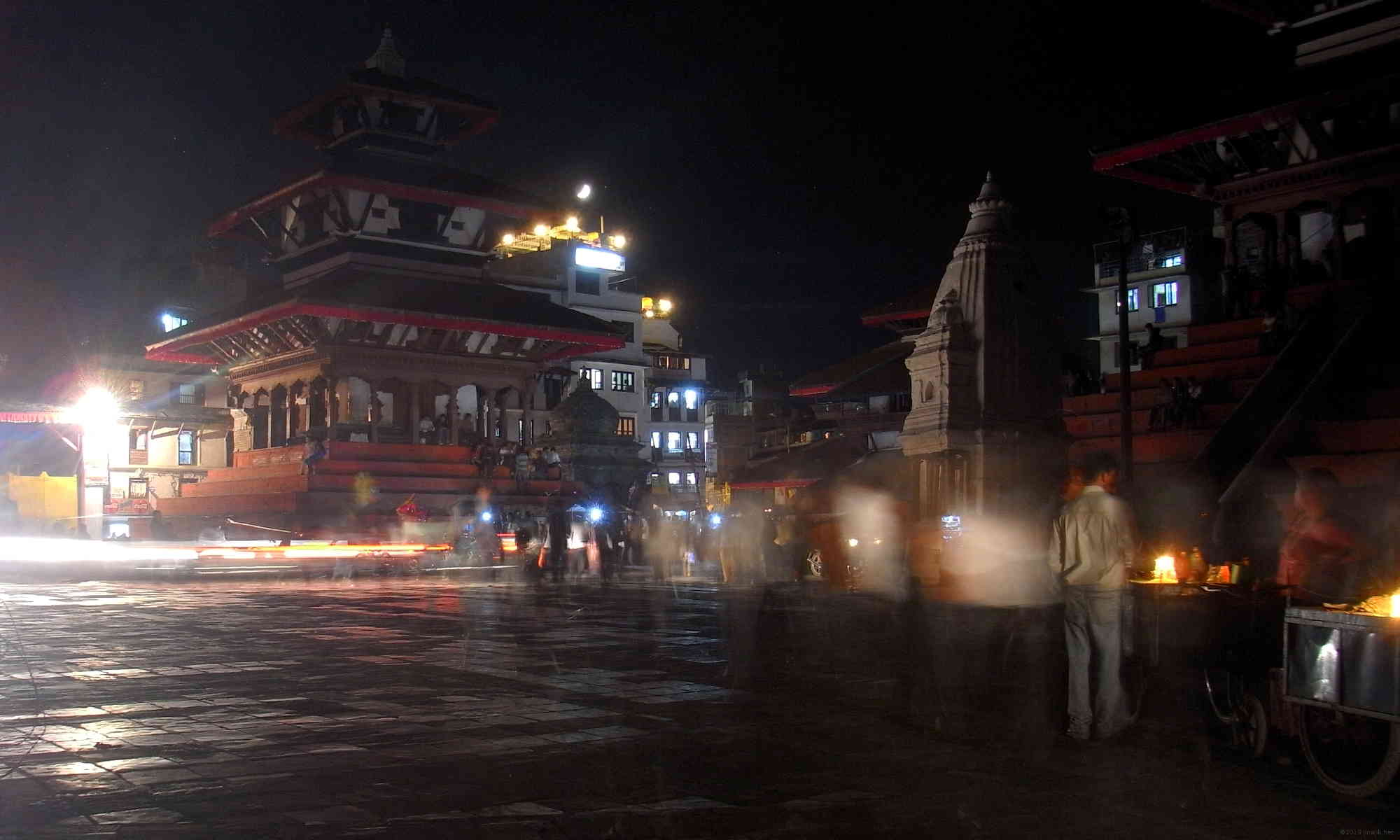Mozaffari-Falarti, Maziar. ‘Kedah: the foundations and durability of Malay kingship’. PhD thesis, Queensland University of Technology, 2009. 343 pp. [official site/PDF]
Mozaffari-Falarti’s thesis treats the conversion of Kedah, an important part of the premodern Southeast Asian world, and briefly treats vague (but nonetheless worthy of investigation) references to Buddhism and tantrism in the rulership of the pre-Islamic era.
Kedah, incidentally, has been proposed as the possible site of Dīpaṅkaraśrījñāna’s extended stay of study in the region in an article in the Journal of the Siam Society — the full reference eludes me — by Peter Skilling. (I have no opinion on that proposition — yet.)
From the Abstract
The thesis examines traditional sources of power, control and indigenous socio-political systems in the Malay world. In doing so, it looks at the north-western Malaysian kingdom of Kedah, acknowledged as the oldest unbroken Malay royal line and one of the oldest in the Muslim world. The study explores Kedah’s unique geopolitical, spiritual and environmental features. It argues that Kedah does not follow, and in fact, often seems to contradict what has been commonly accepted as the “typical model” of the traditional Malay state.
From the Introduction (pp.6–7)
The Kedah sultanate is one of the oldest unbroken independent kingship lines in the ‘Malay world’ with 1,000 years of history, and arguably one of the oldest in the Islamic world. In this study I examine key geopolitical and spiritual attributes of Malay kingship that have traditionally cemented the ruler, the peoples, and the environment. […]
I also examine issues related to religion — particularly the coming of Islam […]

